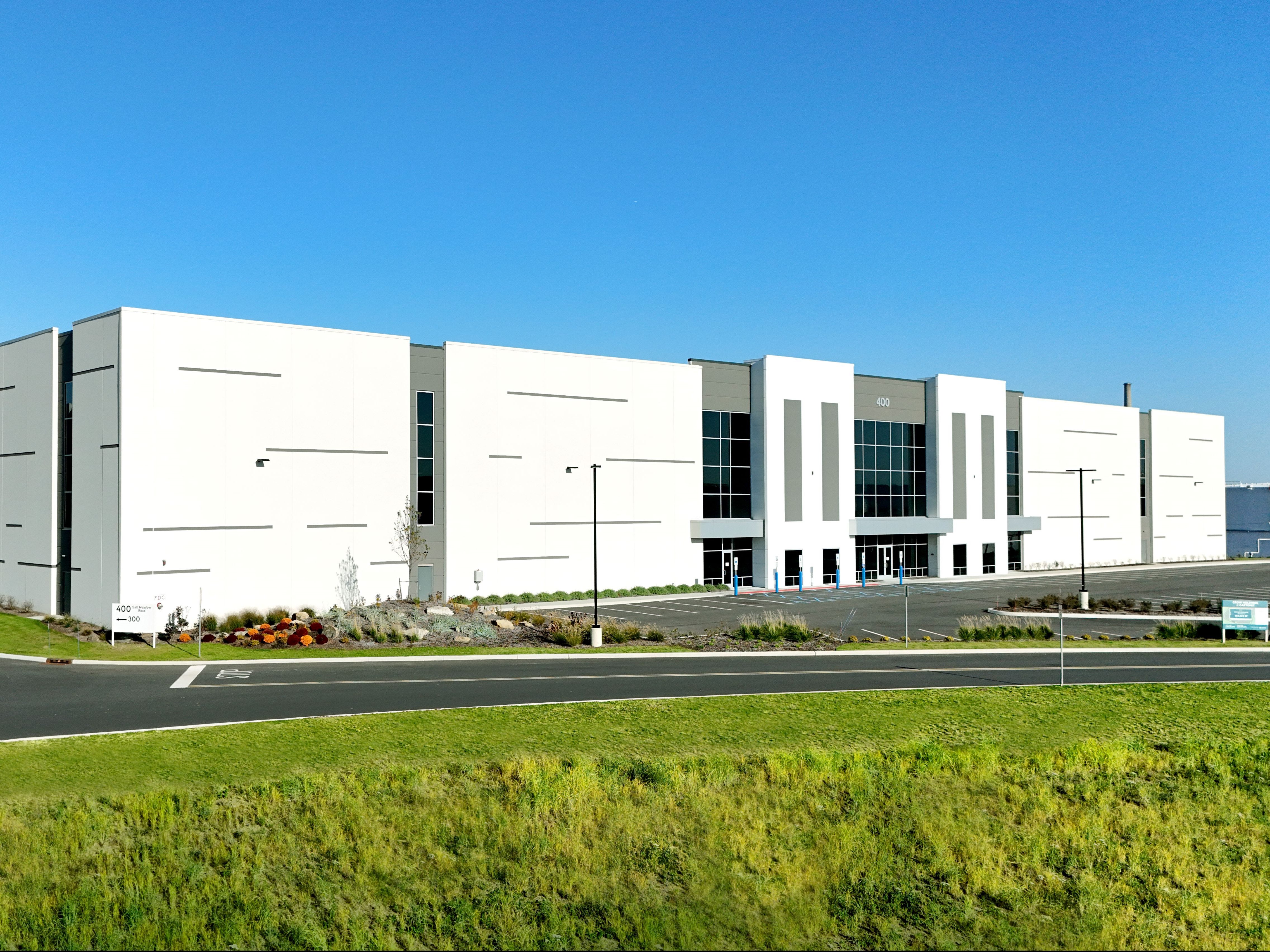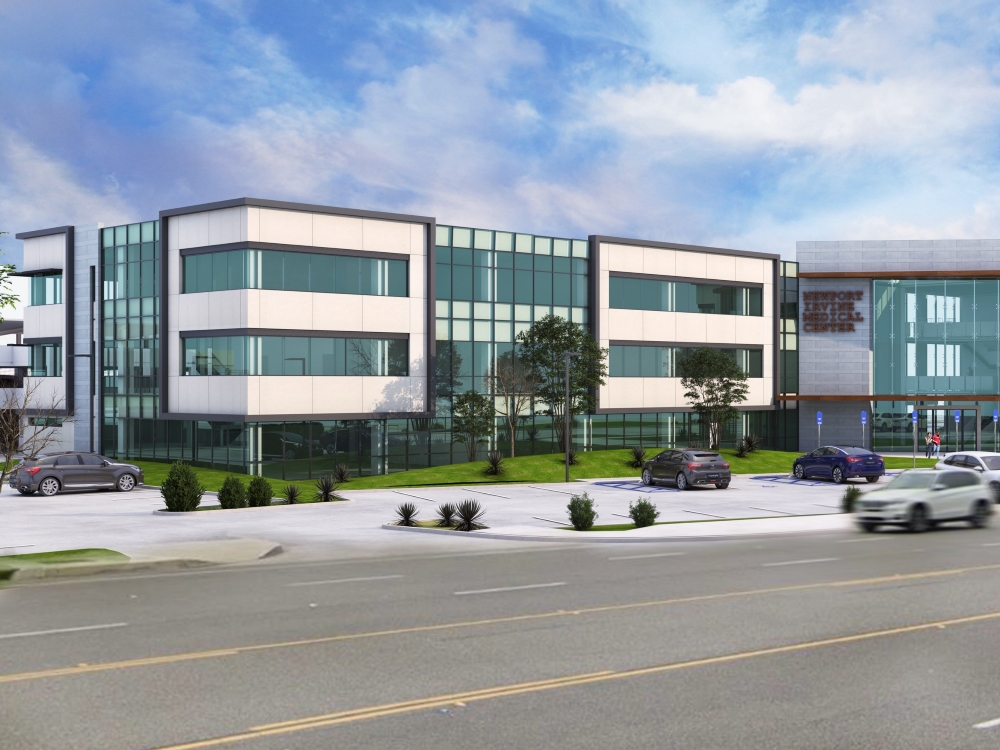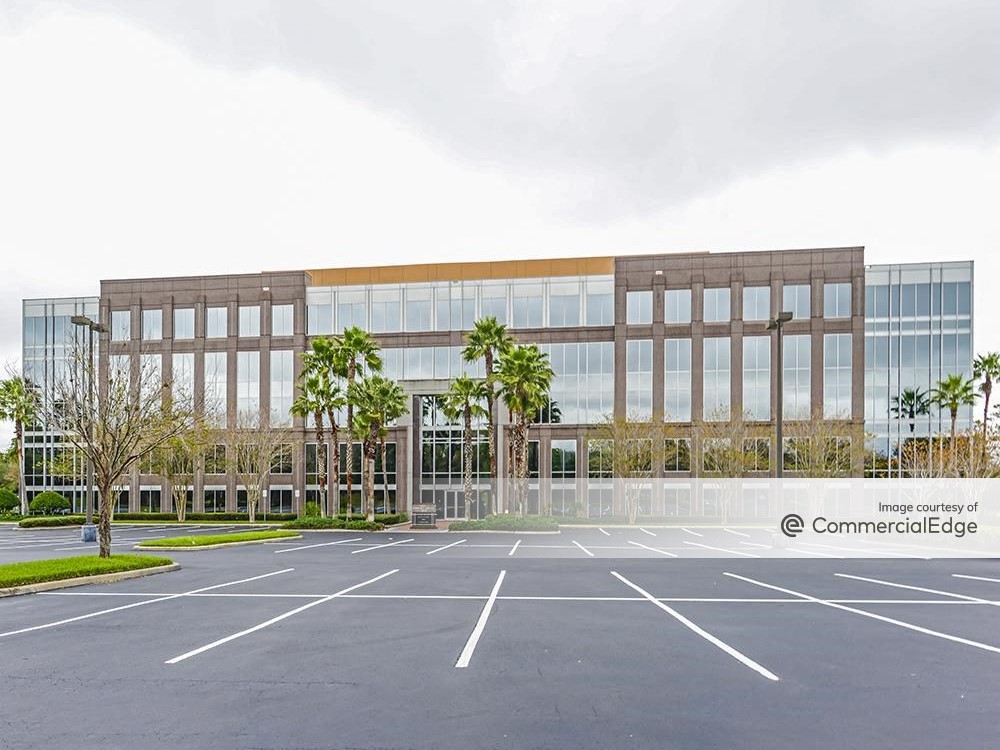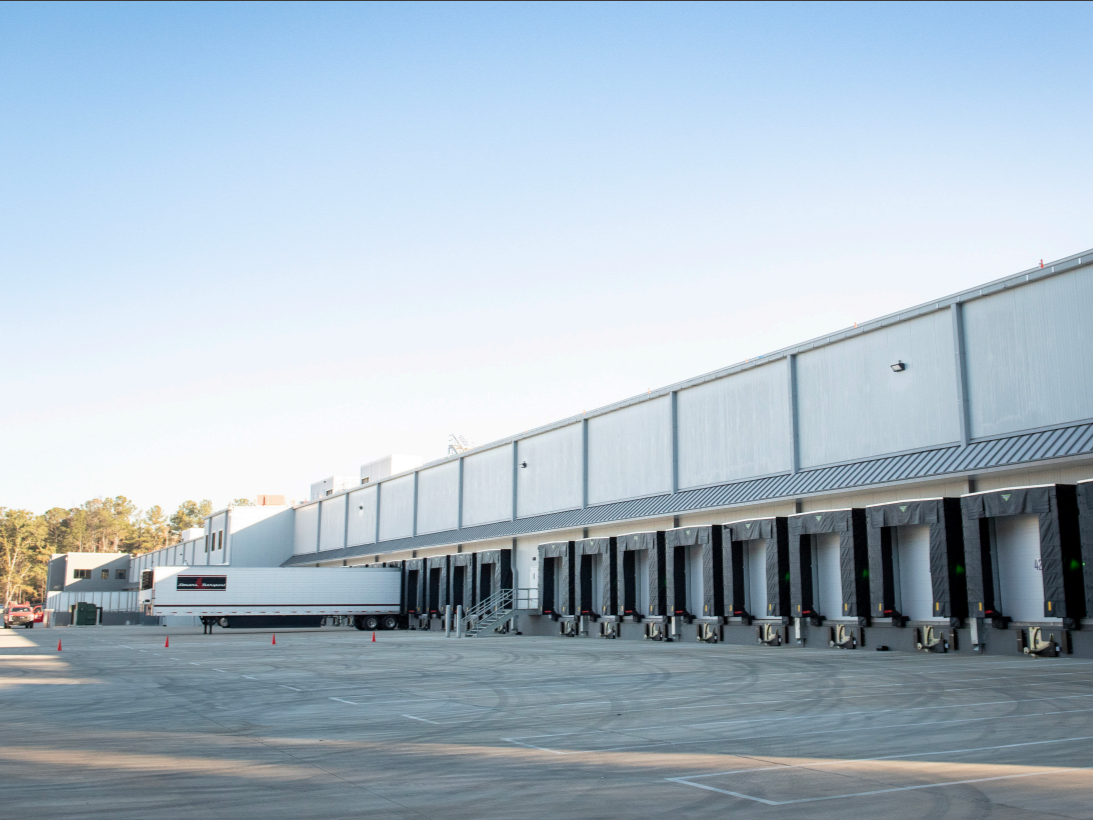Why Coronavirus Will Hit Hotel REITs Hardest
Fitch Ratings' Stephen Boyd provides a segment-by-segment preview of how real estate investment trusts may weather the storm.

Stephen Boyd, Director of U.S. REITs, Fitch Ratings Photo courtesy of Fitch Ratings
Risks U.S. REITs face from coronavirus depend on a variety of factors. Property type, lease duration, market location and concentration, and tenant profiles or operations all play a role in the level of risk. The highest risks are seen in hotels, malls, health care and gaming & leisure asset types, while grocery anchored shopping, single tenant triple-net retail and data centers are among the lowest risk.
Hotels are most at risk from coronavirus-driven business disruption, given nightly duration leases and discretionary demand. Cash flows could temporarily turn negative in markets that are coronavirus clusters. Destination resorts, large conference hotels, and hotels catering to inbound international visitors will experience an immediate, outsized effect.
Case by Case
Malls could experience near-term traffic declines driven by consumer fears or coronavirus-related quarantines, but mall cash flows are partially insulated by long-term leases with modest, sales-based percentage rent. Malls located in urban markets or in coronavirus clusters could see a higher rate of traffic decline, with restaurant and entertainment concepts disproportionately affected. Weaker traffic will be an additional challenge for struggling mall tenants and tenants losing market share to e-commerce. Class-B mall owners have the least flexibility to withstand additional retailer tenant failures and potential related co-tenancy issues.
Senior housing may experience an immediate negative impact from coronavirus due to morbidity-led occupancy losses and deferred demand from new residents. Properties located in potential coronavirus clusters could face immediate operational challenges. Triple-net leased senior housing and skilled nursing portfolios with weak EBITDAR coverage will have minimal cushion for operator tenant stress.
Gaming and leisure properties in markets relying on tourism, convention or conference demand could be severely affected by a reduction in consumer demand driven by coronavirus fears. These property types have long-term, often cross collateralized leases with reasonably healthy asset level EBITDAR coverage to support near-term cash flow, which could provide some risk mitigation.
Multifamily new lease activity could slow if an economic slowdown affects the job market and consumers postpone housing decisions, resulting in higher cash flow volatility. Geographic concentration is also moderately higher as multifamily portfolios have grown more concentrated to urban markets that could experience more coronavirus risk. Less discretionary demand, annual leases and access to Government-Sponsored Enterprise secured mortgage capital help balance these risks
Self storage properties’ short duration leases and new lease demand may be more vulnerable to supply-chain disruptions and business uncertainty, but risk might be balanced by typically high retention rate.
Low Risk Segments
Property types with low-to-moderate coronavirus risk include industrial, office, data centers, shopping centers and triple-net retail. These properties tend to operate under longer-term lease structures with healthy tenant EBITDA coverage or benefit from favorable secular demand trends such as e-commerce growth that allows for through-the-cycle growth. Stable contractual cash flows and ample liquidity with limited near-term maturities should help protect REIT credit profiles.
Generally, short- term leases and discretionary demand profiles pose near-term risks linked to potential cash flow volatility. Medium-term risks are associated with longer-term leases to tenants with outsized coronavirus-related operating stress. Portfolio diversification and ample EBITDAR/rent coverage should help minimize downside risk.
Stephen Boyd, CFA, is a senior director in Fitch Ratings’ Corporates group.







You must be logged in to post a comment.